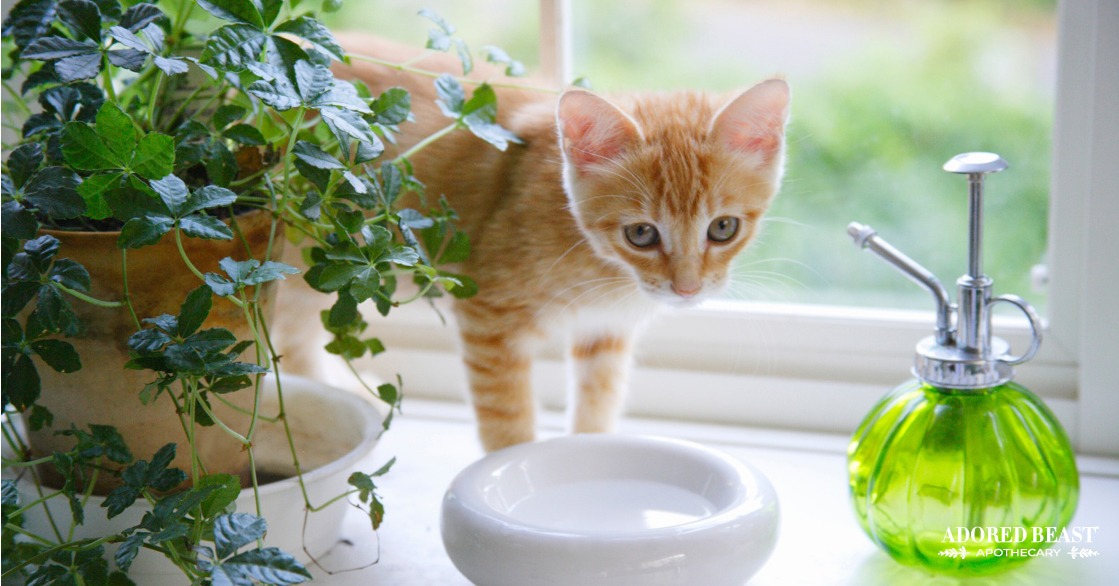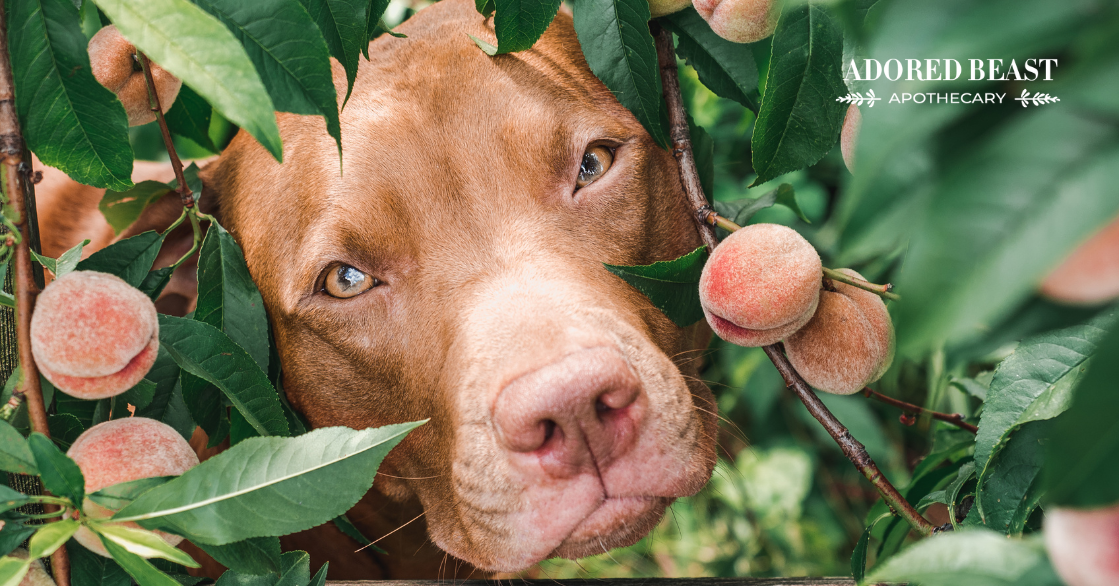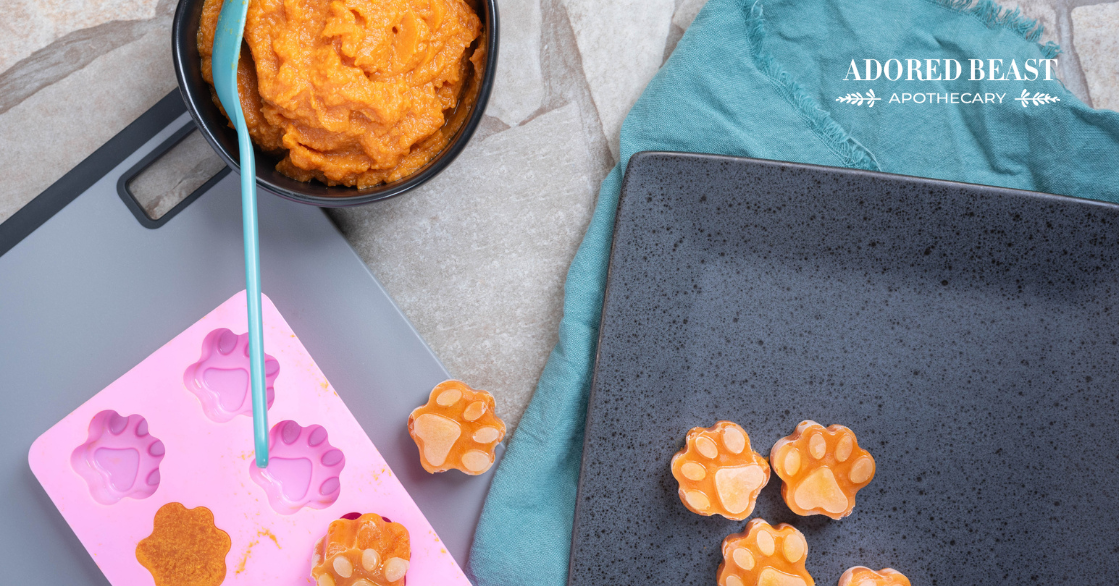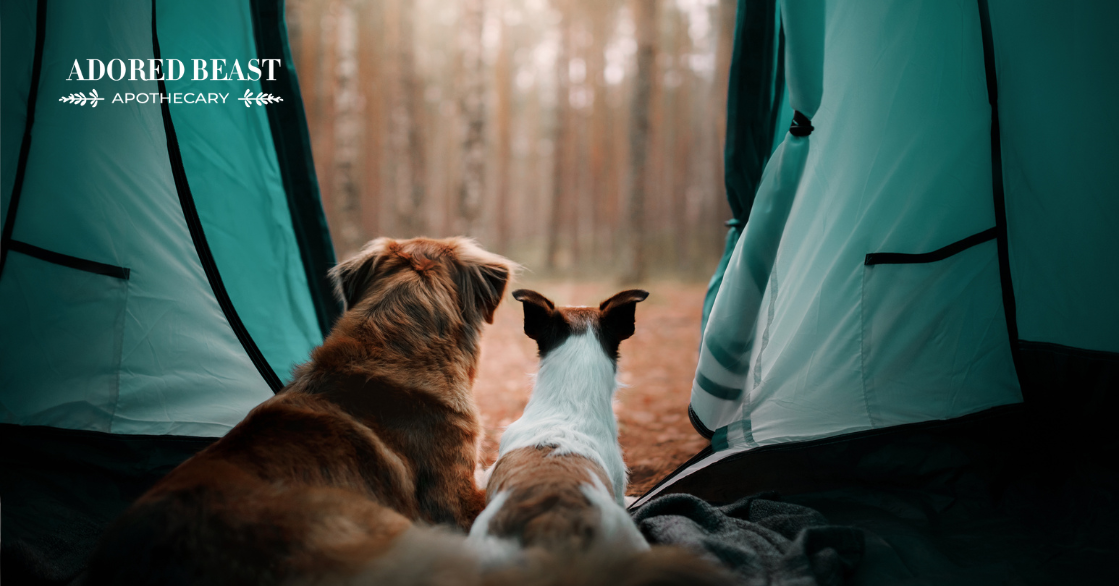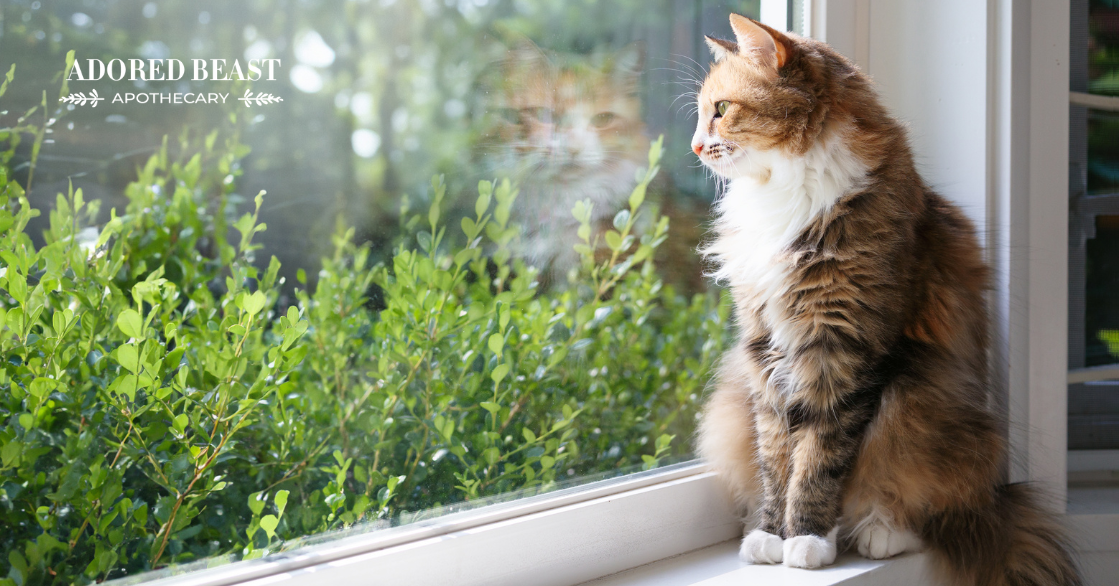FACT: There are more than 232,000 cases of pet poisoning in America each year.
FACT: Most of these happen at home, caused by the most common household poisons for cats and dogs.
Some of these things are poisonous to us, but some are safe – which can make them even more dangerous because we forget (or just don’t know) that our animals can’t have them!!
Do you know what’s lurking in those dark corners of your home (or out in the open)? Here are some of the most dangerous items, the risk they pose, and actionable solutions to reduce that risk!
Common Household Poisons for Cats and Dogs
What’s in your home that’s a threat to your animal? These are some of the most common household poisons for cats and dogs and ways to prevent exposure.
Poison: Household cleaners
We all love a clean house, but if the cleaners we’re using are putting our pets in danger, is it worth it? Heck no! In fact, when it comes to common household poisons for cats and dogs, cleaners are the worst offenders. Household cleaners contain so many different toxic chemicals, including:
- Phenols – typically found in cleaners with the word “sol” in the name
- Amonia – common in floor cleaners, drain cleaners, oven cleaners, and multi-surface cleaners
- Phthalates – often used with scented products, like air fresheners or fabric spray
- Formaldehyde – common in general household cleaners
- Bleach
- Isopropyl alcohol
- Perchloroethylene – typically found in rug and carpet shampoos
Research continues to tell us that our pets are at a higher health risk than even people from the negative effects of chemicals and fragrances in our home. Our cats and dogs lay on the floor, the counters, the rug, even drink out of the toilet bowl. We spray air fresheners, and the particles float to the floor, settling there, on the furniture, on our pets, even in their water bowl! They’re often much closer to the cleaners – and thus the chemicals – than we are. They breathe them in, or walk on freshly washed floors, lick their paws, and ingest them (same as your toddlers – except maybe drinking from the toilet LOL).
If your pet breathes in the harsh fumes or ingests these ingredients, the results can range from skin, nose, and eye irritation, to nausea and vomiting, to respiratory issues, to hormonal disfunction (thyroid), even organ failure and cancer.
Solution: Turn to Mother Nature. You can protect your pet by buying natural cleaning products – just read those ingredients to make sure they’re actually safe. Or you can make them yourself! There are actually several things that can clean just as effectively as chemicals. And you probably have most (if not all) of them in your cupboard right now!
Here are 4 recipes for pet-safe cleaners that we stand by.
Poison: Medications
Both over-the-counter medications (ex. aspirin, ibuprofen, etc.) and prescription medications can be incredibly harmful to our pets. In fact, human medicines are the most common dog poisons.
If your pet accidentally ingests your medicine, it can cause a range of symptoms. Vomiting and diarrhea are typical, as are fatigue and lethargy. But the symptoms can also be quite serious – neurological conditions, seizures, and organ failure.
But this isn’t just human medications. Even veterinary medications can cause problems if your pet gets into them and takes too much.
Solution: Start by cleaning out your medicine cabinet and replacing those drugs with as many natural options as possible. Then, make sure that the first aid kit is kept secure in a cupboard or cabinet that your pet can’t get into.
Poison: Dangerous Houseplants
Now, not all houseplants are bad. Not by any means. Some are great in fact! Many help to purify the air and can even be used for natural healing (we’re looking at you Aloe vera).
However, some are toxic to pets, and can cause a variety of symptoms, ranging from diarrhea and vomiting to difficulty breathing and organ failure.
The most common toxic plants include:
- Lilies (can be close to an instant death sentence for cats!!)
- Autumn crocus
- Azalea
- Cyclamen
- Daffodils
- Dieffenbachia
- Hyacinth
- Kalanchoe
- Lily of the valley
- Oleander
- Sago palm
- Tulips
Solution: Switch out poisonous houseplants for pet-safe ones like these:
- Boston fern
- Rubber plant
- Areca palm
- Spider plant
- Money tree
- Gerber daisy
- Friendship plant
- Haworthia
If you’re super attached to a plant that isn’t safe, make sure it is well out of reach. Watch those feline climbers…
Poison: Xylitol
Xylitol is a common sugar substitute. As sweet as sucrose, it only contains about two-thirds the calories. It’s lower on the glycemic index, so it’s useful for diabetics or people on low carbohydrate diets. But it’s really dangerous for dogs, and can quickly cause low blood sugar and serious liver injury.
Foods that commonly contain xylitol include:
- Gum
- Pudding
- Baked goods
- Energy bars
- Candy
- Chocolate
- Breath mints
- Baked items
- Pancake syrup
- Ketchup
- Barbecue sauce
Xylitol can be found in many commonly purchased goods. While food items are the most common, you can also find the ingredient in medications, vitamins, personal care items like baby wipes or makeup, and oral health products like toothpaste and mouth wash.
Thankfully, research shows that our cats (and most other animals) seem to be ok. Xylitol doesn’t tend to have the same impact on our furry felines. Still, we wouldn’t recommend it.
Solution: Know what xylitol is and what products may contain it. Go through the items above and make sure the ingredients don’t list it. Keep any that do well away from your pets! Additionally, while foods should list it, medications or personal care items may not. Your best bet is to keep them well out of your dog’s reach!
Accidental Ingestion? What Next?
Knowing the common household poisons for cats and dogs is crucial for prevention, but what should you do if your pet accidentally gets into something on this list?
Immediately give your cat or dog aconite, arnica, and nux vomica, and get your animal to the vet ASAP. Many of these items can be serious enough to require veterinary intervention, and fast, so you don’t want to risk it.
By removing the dangers in our homes, we’re not only protecting ourselves from their effects, we’re protecting our beloved animals. When we take away the chemicals, we greatly reduce the possibility of exposure and the potential side effects. Your home is your castle, and your pets look to you to keep it as safe as possible.
***This blog is about your furry family members. As many of you know, Adored Beast’s founder Julie Anne Lee opened and practiced for 20 years in Canada’s first licensed holistic veterinary hospital. But what you may not know is that she’s also a licensed human homeopath. She has seen many, many, many chronic diseases in people caused by chemicals in creams and shampoos, household cleaners, and air fresheners, that have severe hormone disrupting properties. If we’re not healthy, how can our animals possibly be safe and healthy too? Remember, while these poisons all apply to our pets, they aren’t just hurting them – they’re hurting us as well. Be sure to try and limit your exposure as often as you can.

